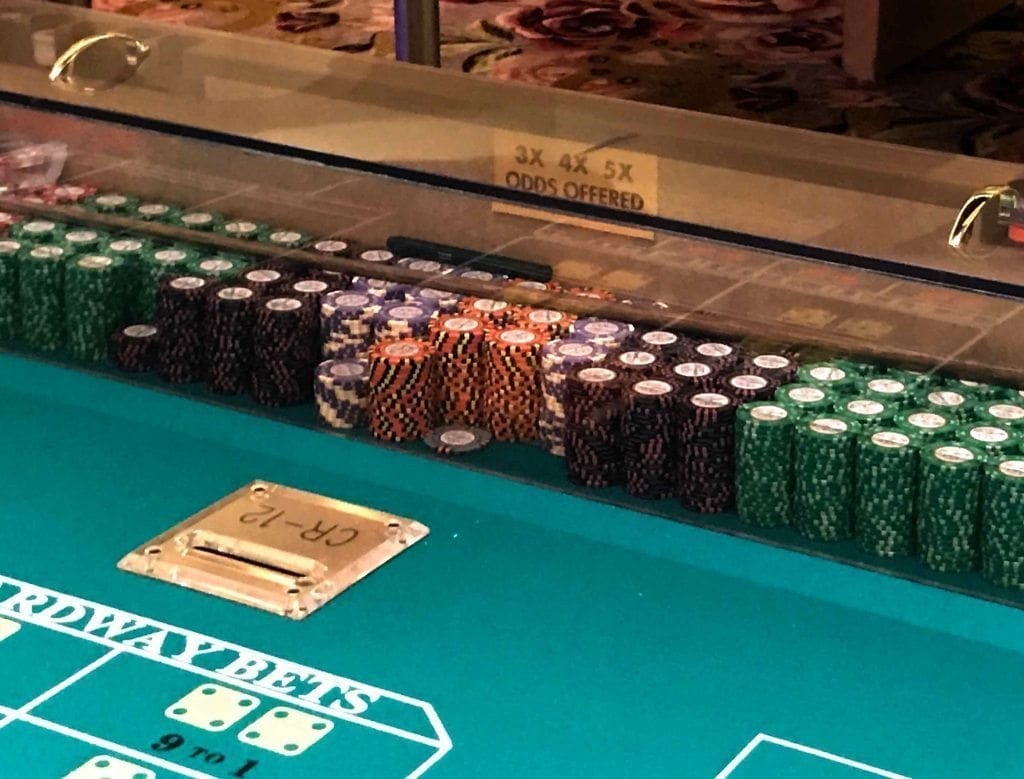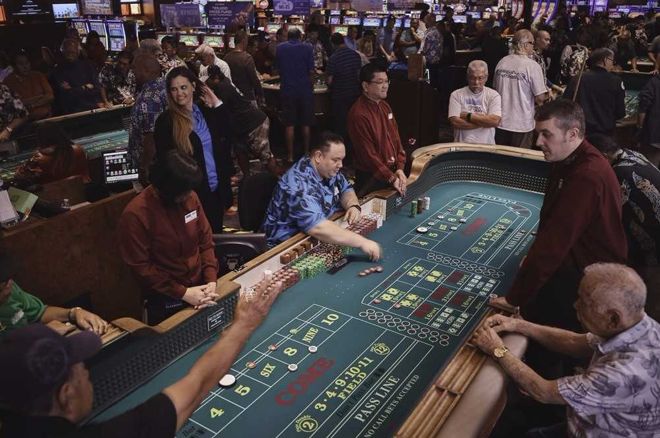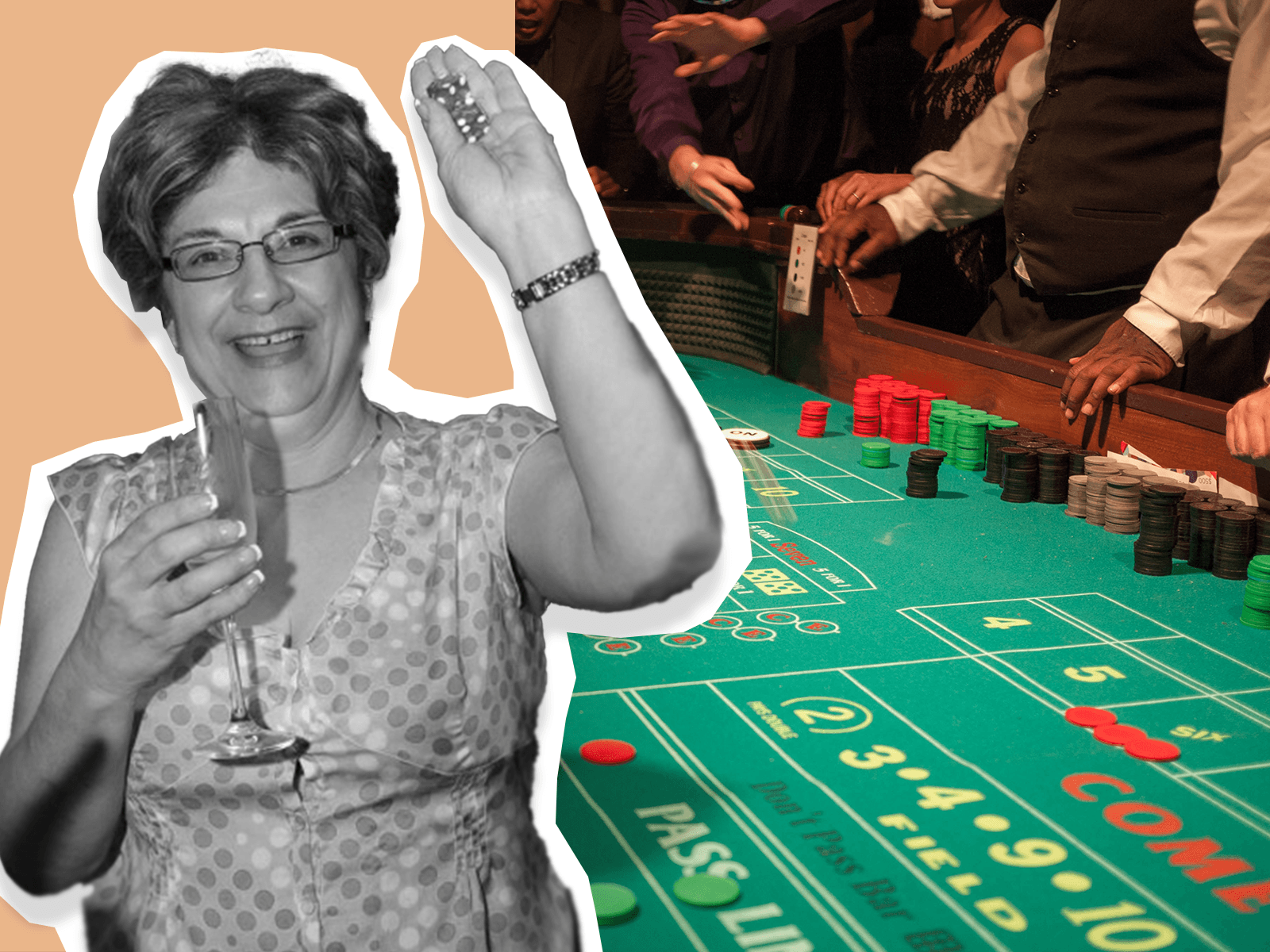Longest Roll In Craps
Craps is one of the most popular casino games, although owing to the fact that it can be confusing at first, many new players are put-off from playing it. Commonplace in US casinos, Craps is desirable to players not only because it’s a social game that involves often a crowd of players ‘getting in’ on the action, but also as it’s a game that features an incredibly low house edge, generally around percentage.
Video search results for craps. Play Craps software, free downloads and reviews at WinSite. Free Play Craps Shareware and Freeware. Atlantis offers 5X odds on craps! Try your luck at the game with the best odds in the house. Whether you're the shooter rolling winning sevens or elevens, or betting on the sharp shooter, Atlantis.
What Is The Longest Roll In Craps
How to Play Craps
Craps is – at its bare – a game involving two dice, where you place wagers on what the outcome of what you think the dice will be. Playing in a land-based casino, a Craps table requires three casino employees, due to the varying tasks involved, but thankfully, online, it’s completely automated, so playing (once you get the hang of it!) is relatively simple. Every Craps round begins with what is called a come-out roll. You will need to place your bets before this initial roll, on the pass line, or don’t pass line – these are two types of bet, that are both talked about later on in this post.

If the two dice equal a 2, 3, or 12, the round is immediately over – this is called ‘crapping out’, and is – essentially – a boring event, as it stops the main game getting started. In the case of a player betting on the ‘Don’t Pass’ bet, they will win even money. If a 7 or 11 is rolled, the game also ends, with players who bet on the ‘Pass’ bet winning even money. If another value is made with the dice, i.e. 4, 5, 6, 8, 9, or 10, then a point is created, which equals the total value rolled. From here, another round begins, with this continuing until a 7 is rolled – the number that ends a game.

Different Types of Craps Bets
Aside from the Pass Line, and Don’t-Pass Line bets, there are a multitude of different bets in Craps, allowing players the chance to vary the odds they bet with, as well as covering multiple outcomes – i.e. numerical values rolled, odds/evens, etc. Below, we’ll cover some of the main bets in Craps. We’ll cover the Pass and Don’t Pass bets also, detailing them in a bit more detail.
Pass Line & Don’t Pass Line Bets
These two bets are the most commonly-placed type of bet within Craps, and they are also the simplest to get the hang of. These bets must both be placed before the game begins, and – it’s not dissimilar to betting on red or black in Roulette.
- If you place a ‘Pass Line Bet’, you will win even money if a 7 or 11 is rolled, and lose if it’s a 2, 3, or 12. Any other value rolled basically ‘sticks’ the bet in place, so it ‘rolls over’ to the next roll of the dice. The same rules apply, with the exception that a 7 loses.
- If you place a ‘Don’t Pass Bet’, you will win even money if a 2 or 3 is rolled, and lose if a 7 or 11 is rolled. Two sixes (12) results in a push – you get your stake back. Just like with the ‘Pass Line Bet’, if any other number is rolled, the bet holds in place, running over to the next roll. Again, payouts remain the same, although again, a 7 will result in you losing the bet.
Come & Don’t Come Bets
Come and Don’t Come bets are extremely similar to the Pass/Don’t Pass bets, and the only real difference between the two is these bets are placed after the point is established – that is to say, when a 4, 5, 6, 8, 9, or 10 is rolled. Both bets win automatically if a 7 or 11 is rolled, and both also lose is a 2, 3, or 12 is rolled. However, when any other number is rolled, the number that lands becomes ‘your number’, and dependant on which bet you decide to make, you either want your number to land, or you don’t.
- A ‘Come’ Bet is where you WANT your number to land. Say, for example, you place the wager, and six rolls. Six then becomes your number, and on the next roll, if a six is rolled, you win your bet. If a seven is rolled, the bet loses. This continues until either your bet wins, or loses – no matter how many rolls of the dice are required.
- A ‘Don’t Come’ Bet is basically the opposite of the ‘Come’ Bet. Using our six example again, if six became ‘your number’, you wouldn’t want a six to roll in. If it did, your bet would lose, although this time, a seven results in you winning your bet. Just like the Come Bet, the wager stays in place until either event has occurred.
Both bets pay at even money, so it’s a common choice for players who are new to the game and want to experience a bit of game-action before trying out any of the more advanced bets, seen below.
Odds Betting
If you choose to place an ‘Odd Bet’, you’ll need to wait until after a point is established. These bets are extremely similar to the Pass/Don’t Pass, and the Come/Don’t Come bets. There are four types of ‘Odds Bet’ wagers:
- Pass Line Odds – If you already have a Pass Line bet, you have the option to place the Pass Line bet once a point is established. If, after you have placed this bet, your number – the ‘point number’ is rolled before a seven, you win. If a seven is rolled before your number lands, the bet loses. Interestingly, the payouts differ dependant on what the point number is (in line with the odds of the number dropping in), and if the point is a 4 or a 10, you are paid out at 2:1, 5 or 9 pays at 3:2, with a 6 or 8 paying 6:5. This bet is relatively popular due to the fact the casino pay you out at the true value odds – this means there is zero house edge.
- Don’t Pass Odds – Just like before, this is an opposite of the Pass Line Odds bet, and if you choose to place a Don’t Pass bet, you’ll be hoping a seven rolls before the point number lands. Payouts are – again – based on the true odds, and if a seven rolls when the point is 4 or 10 you get paid at 1:2, with a 5 or 9 paying 2:3, and a 6 or 8 paying 5:6. You’ll notice the payouts are reversed when compared against the Pass Line Odds bet, and this is due to the variation in odds.
- Come Odds & Don’t Come Odds – These two bets fall into the same category, mainly because they are identical to the Pass Line Odds and Don’t Pass Odds bets. Rather than betting AFTER the point is established, these bets are placed before a point exists, and they automatically roll over once a point is made.
Place Bets
There are two types of ‘place bet’:
- Place Win – A Place Win bet is made once a point has been successfully established, and if you want to bet on this option, you place a singular wager on any of the point-numbers. That means you can place this bet on a 4, 5, 6, 8, 9, or 10 – you can choose one, two – as many as you like. If your chosen number is rolled before a seven, you win. Successfully bet on 6 or 8, and you’ll be paid 7:6, with a 5 or 9 roll paying 7:5, and a 4 or 10 paying 9:5.
- Place Lose – An opposite of the Place Win bets, a Place Lose bet can be again placed on any of the point-numbers (4, 5, 6, 8, 9, or 10), and if a seven is rolled before your chosen number drops, you win. If you wager a Place Lose bet on 6 or 8, and a seven rolls first, you’ll be paid 4:5, with 5 and 9 paying 5:8, and 4 or 10 paying 5:11.
Buy Bet
A Buy Bet is very similar to the Place Win bet; you place a wager on a number, and if that number comes in before a seven is rolled, you win. The significant difference between the two bets, is that the Buy Bet offers higher payouts, with the caveat that a small commission is taken by the casino, usually 5%. Just like the Place Win bet, the payouts vary dependant on the number you choose, with a 6 or 8 paying 6:5, a 5 or 9 paying 3:2, and a 4 or 10 paying 2:1.
Lay Bet
Lay Bets are the exact opposite of the Buy Bet, and again, are almost identical to the Place Lose bet, with the payouts higher, alongside the 5% commission. The payouts are as followed; a 6 or 8 pays 5:6, a 5 or 9 pays 2:3, and a 4 or 10 pays 1:2.
Those are a few of the main bets you are likely to encounter while playing Craps. Generally, if you want to get the best ‘value for money’, you’ll want to play the Pass Line/Don’t Pass Line, and the Come/Don’t Come bets, and the Pass Line Odds bet is also very attractive, due to the fact it pays at true odds, meaning there’s no casino edge. The only downside of the Pass Line Odds bet, is that casinos usually limit the stake you can wager, in order to minimise their risk exposure.
History of Craps
The exact origin of Craps remains up for debate, and while historians have found evidence that the game was played even as far back as in the Roman times, modern-day Craps – the type you’ll find in a casino and online – is proven to be descended from a traditional British game, titled Hazard. Hazard dates back to the age of the Crusaders, and it’s believed the Knights used it as a way to pass time between battles.

Longest Roll In Craps
Over the years, Hazard became increasingly popular throughout British gambling establishments, and as it garnered more popularity, it slowly spread to France, and then eventually, over to the United State of America. There’s still sizeable debate over whether the French were responsible for today’s version of Craps, or whether it’s the British, and the actual specifics of how the game reached American shores is even more secretive; that said, the one thing that IS clear, is that Craps today is more popular than it’s ever been before, and with multiple versions available online, long-gone are the days of travelling for hours just to find a table!
What Is The Longest Craps Roll Ever
Plus, playing’s never been easier thanks to the automation that comes with playing online; you don’t have to worry about the chips, or rolling the dice, as it’s all completely automatic!